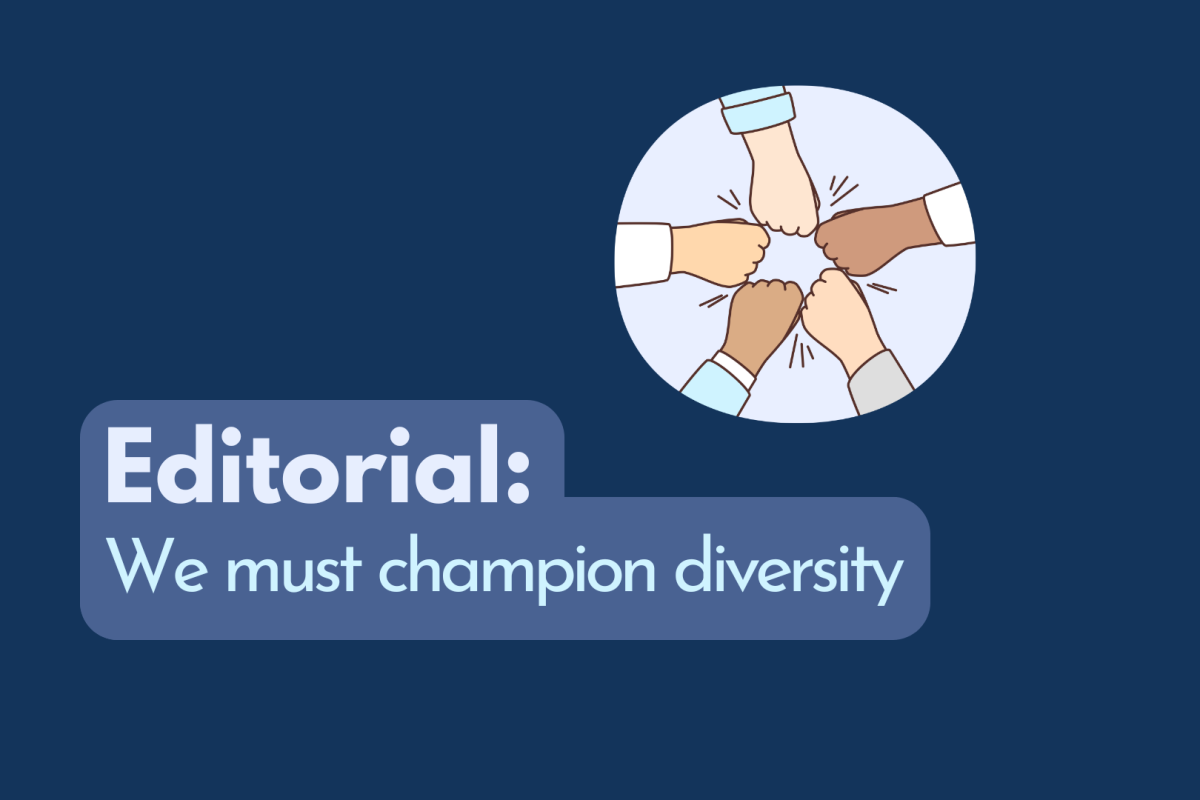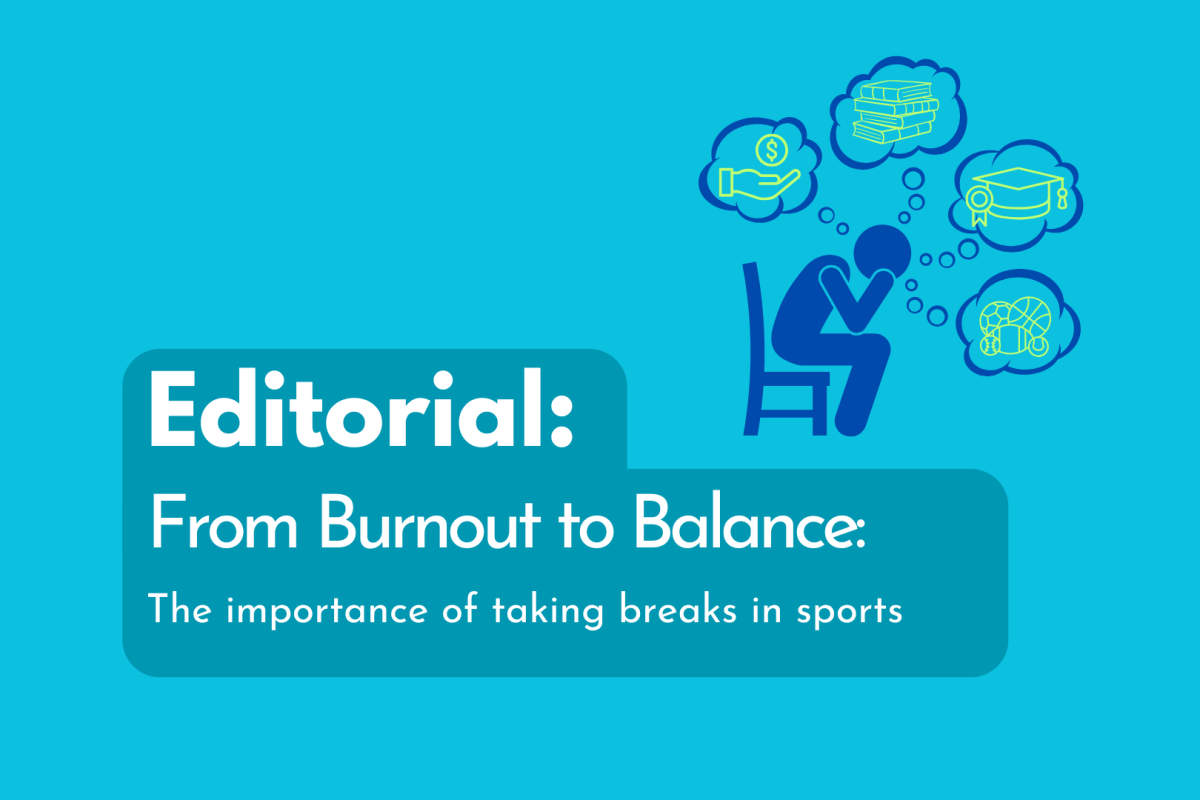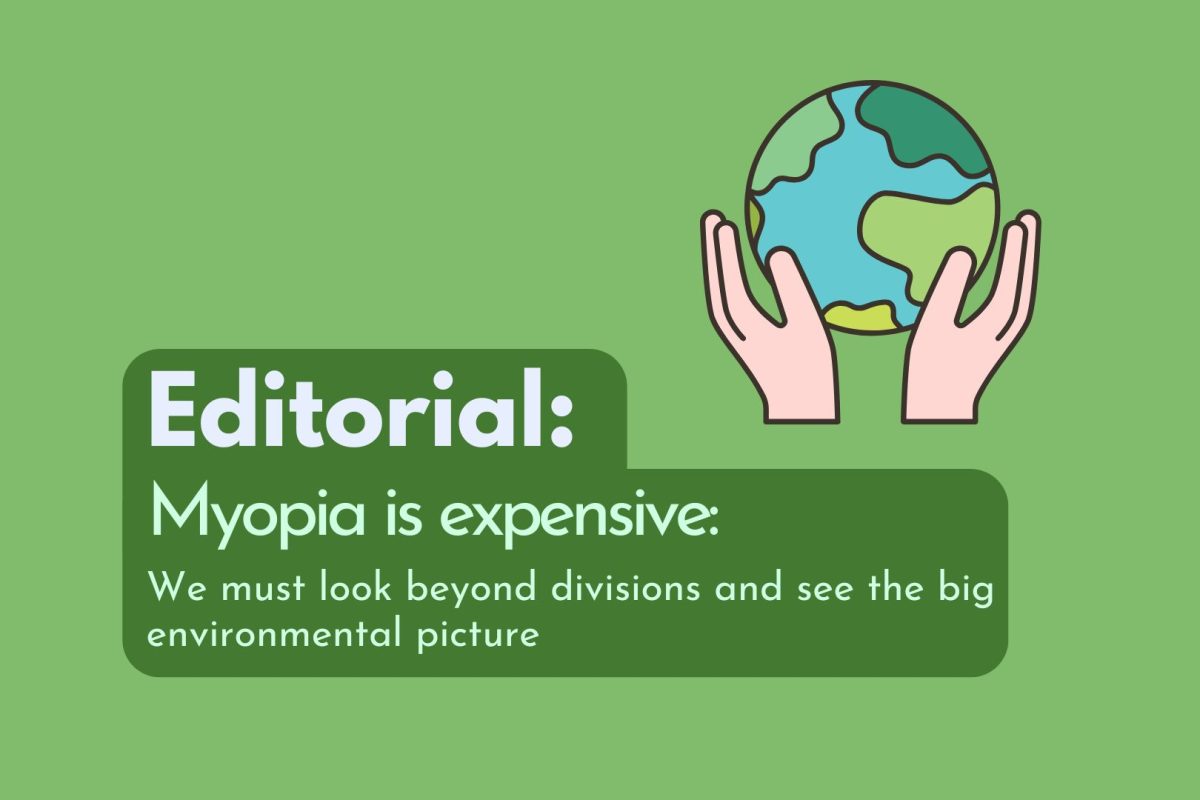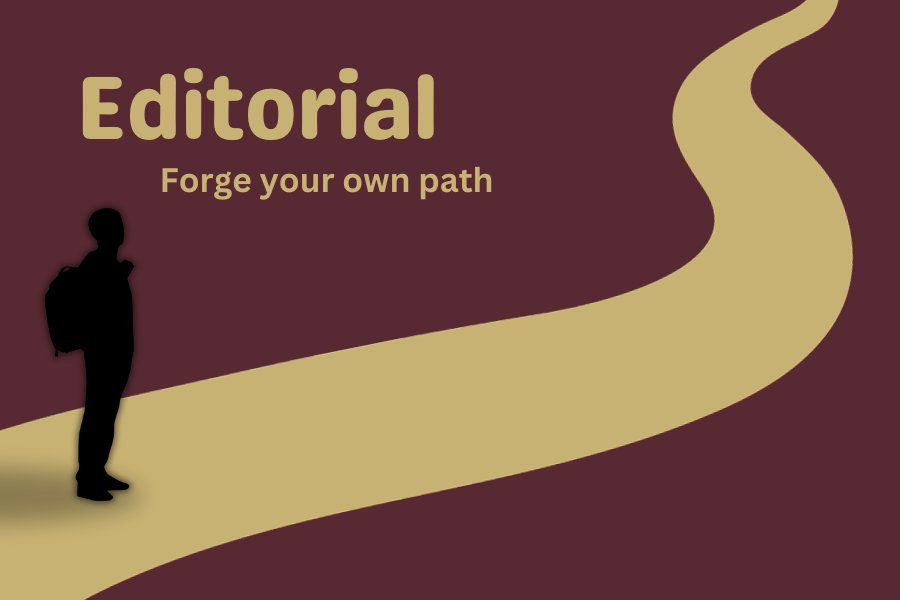The march towards true equality continues across the globe and even, in some ways, at Algonquin. While a school community without any forms of discrimination is hard to promise, embracing diversity and improving acceptance in our community can be accomplished by acknowledging and limiting our implicit biases.
Implicit bias is an unconscious negative stereotype or belief that affects our interactions with each other. This can be in the form of judging, distrusting, discriminating against or mistreating others based on race, gender, sexuality, religion or other profiles. No matter who you are or your background, biases are a natural human experience.
In a positive way, biases help us observe and comprehend the world around us. Implicit biases can serve as tools to judge unsafe situations, enabling us to react when necessary. However, this basic defense mechanism has been warped by societal misconceptions. When we pigeonhole entire groups of people into a single stereotype, we risk being prejudiced or discriminatory in our thoughts or actions.
In this issue, we dig deeply into looking at how our district, school and student groups have worked in recent years to face biases and prejudice in our district and wider society. We also have looked at the lived experiences of individuals in our community, in particular those who speak multiple languages and how we can acknowledge and celebrate the diversity in our school.
We need to work together as a community and individuals to confront our biases and be impartial. Instead of quickly judging someone based on their label or category, consider listening to their voice alone to understand how to perceive them. They are not just a member of a group, but rather an individual with their own traits who identifies a certain way.
Efforts to raise awareness for the diverse voices of Algonquin are in place. From celebrating World Language Week to supporting clubs for various ethnic and religious groups to hosting multi-cultural celebrations, Algonquin works to make diverse voices heard. The school is doing its part in trying to support diversity, so what can you do?
Examine your own biases and work to shed them. As much as you can, try to notice when a judgment you make is backed by a negative or false stereotype. Learn to listen. Hear the stories of others as individuals, and others will listen to yours. Through understanding one another, we can learn to better care for each other. Live your own truth.
A brilliantly diverse Algonquin community requires your specific voice. No matter who you are, you can make a difference. Together, through hard work and acceptance, we can support the unique diversity of Algonquin.
This unsigned editorial reflects the views of the Harbinger’s Editorial Board.








